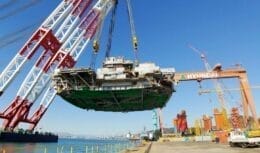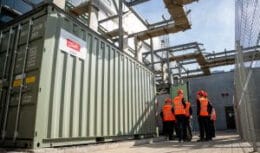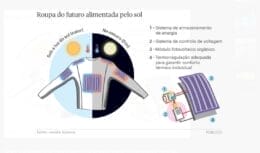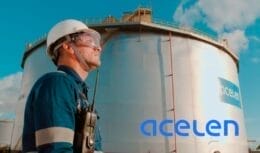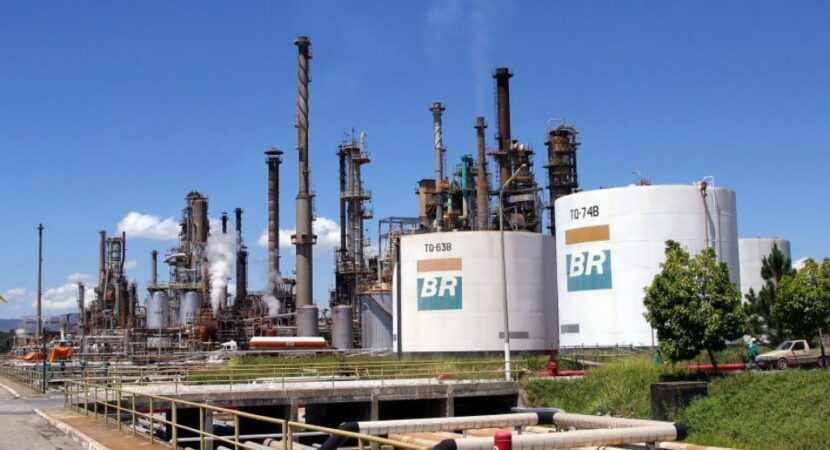
In Brazil, in particular, the volatility and increase in international prices are still amplified by the exchange rate and the complex tax logic
Fuel prices and energy costs in general, in any country, permeate all economic activity and impact the entire society. Currently, the world is experiencing a conjunctural imbalance between supply and demand for energy caused by the economic recovery after a period of low activity imposed by COVID-19 and the conflict in Ukraine. In Brazil, in particular, the volatility and increase in international prices are still amplified by the exchange rate and the complex tax logic.
At this moment, several governments around the globe have acted to mitigate the impacts on the population by creating protection networks to prevent social tragedies such as the deprivation of residential heating, among others, while preserving the structural economic logic and the proper functioning of their industries.
In Brazil, as a way to mitigate the problems, several alternatives have been evaluated and the enactment of Law 192/2022 goes precisely in this direction, by defining the fuels on which the ICMS will be levied only once, with a single rate nationwide, establishing a uniform tax burden in all states and the Federal District.
Taxes represent an important portion of fuel prices. In the case of gasoline, for example, PIS/COFINS/CIDE taxes correspond to around 10%. The portion referring to state taxes (ICMS) corresponds to around 24%, on the national average, but reaching 34% in some states. The tax complexity related to the state tax portion (ICMS) makes it difficult for society to perceive its real impact on fuel prices. For this reason, as provided for in Law 192/2022, it is important for States to advance in the regulation of tax simplification with the introduction of monophasia and uniform rates per product throughout the country, providing greater transparency to society.
Thus, the challenge faced in the fuel market must be addressed from a structural point of view through measures that go towards strengthening the national economy, which tend to appreciate the national currency and increase the purchasing power of Brazilians. At the same time, the simplification of rules, the reduction of inefficiencies associated with tax complexity, the exemption for the final consumer, the reduction of possibilities for tax evasion and fraud and, above all, the increase of transparency for the final consumer, especially with regard to to the tax burden borne by it.
Furthermore, it is important to consider that the product that reaches the final consumer is not composed only of fossil fuels (these represent around 40% of the final price of gasoline). The share of biofuels that have a mandatory minimum blend also has their prices influenced by the dynamics of the international market and the exchange rate, as they are products derived from commodities agricultural. In the case of gasoline, around 14% of the final price paid by consumers is due to biofuel. The figure below presents a comparison of the average consumer gasoline prices in March 2022 in Brazil and in the United States with their main parcels, highlighting the difference in the tax burden.
In the case of Brazil, it should also be noted that around 80% of the fleet is flex-fuel, so that consumers can choose between Type C gasoline (with the addition of anhydrous ethanol) and hydrous ethanol. In this way, an eventual intervention in prices, without the proper compensation mechanisms, impacts both the oil industry and agribusiness. Regarding petroleum products, it should be remembered that the market has the participation of different agents, including refining companies, formulators and importers. In this sense, controlling the price of just one agent in this chain would create serious distortions in the entire market.
In a context of higher prices, it is essential to highlight that the collection of the Brazilian state with the industry has broken successive records. In 2021, the collection of states with ICMS on oil, fuels and lubricants was R$ 109,5 billion, an amount 36% higher than the R$ 80,4 billion collected in 2020.
Thus, the challenge faced in the fuel market must be addressed from a structural point of view through measures aimed at strengthening the national economy. At the same time, priority must be given to mitigating the complexity of elements that may hinder transparency for the final consumer and understanding regarding the amount paid at fuel pumps, especially with regard to the tax burden borne by consumers.
SOURCE: FSB Communication

